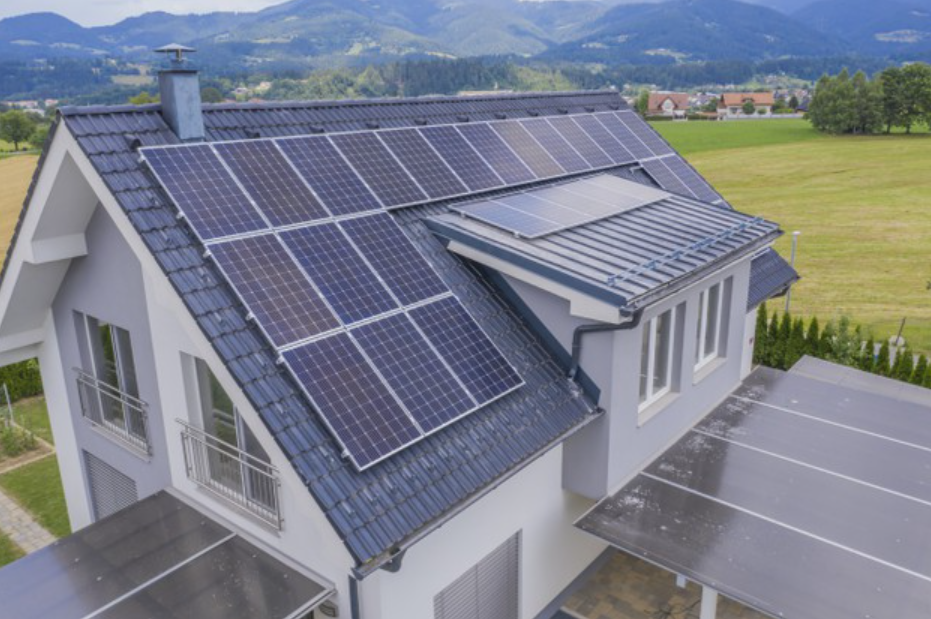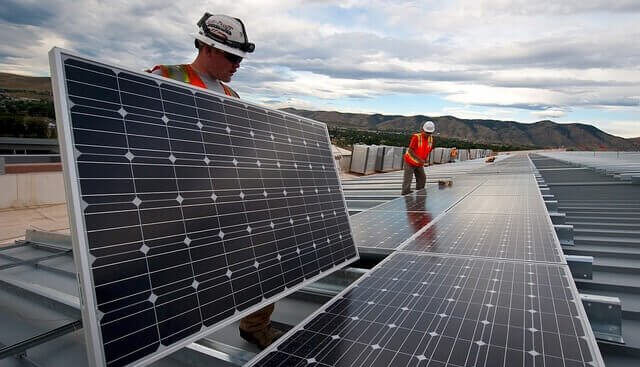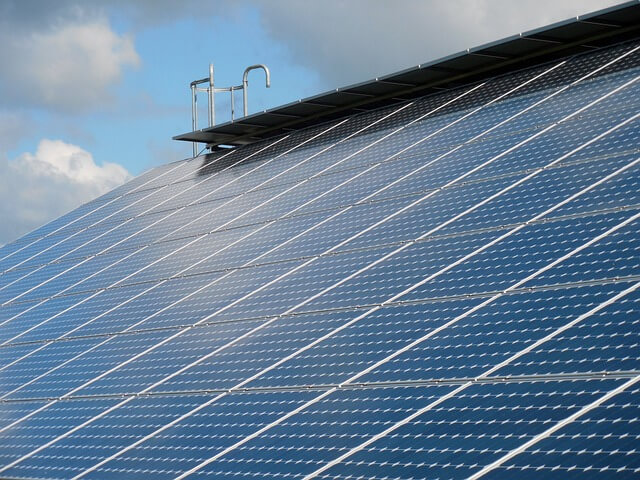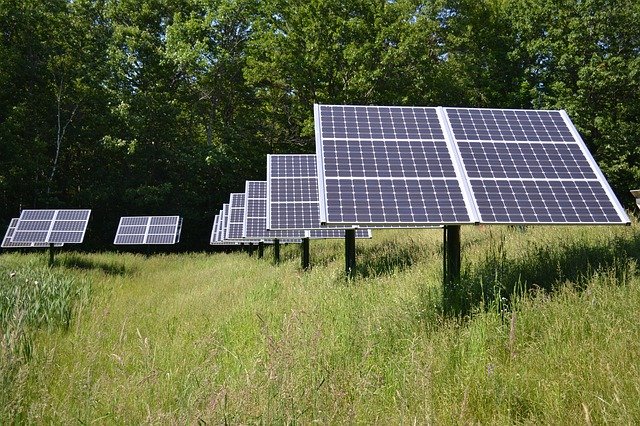On-grid and off-grid solar systems are two of the currently available solar system configurations. Even though each type, of course, has its features, they all work on the same principles. But what is the difference between an on-grid and off-grid solar system?
Solar panels attract hundreds of thousands of people with its abilities to produce renewable energy for home consumption. Both off-grid or on-grid solar panel systems still offer the same non-fossil fuel energy to help homeowners reduce electricity bills and establish sustainable living.
But in this article, you will learn the critical differences between on-grid and off-grid solar systems to help you decide which one will be the best fit for you.
You might also be interested in;
– How long does it take to install solar panels?
– Pros and cons of solar energy
– Pros and cons of solar tube lighting

The Key Differences of On-Grid and Off-Grid Solar Panel Systems
The fundamental difference between the two systems is their ability to store and use excess power generated. But let us talk a little bit more about each type of solar system.
On-Grid Solar Systems
An on-grid solar panel system is the most popular and widely used configuration in the world. These are the panels that you typically see installed on top of a building’s roof. As the name suggests, on-grid solar systems are tied to the grid of your local power provider company.
Being tied to the power provider’s grid has its upside: the excess power that your solar panels generate gets transferred back to the company’s grid. In return, you will receive a feed-in-tariff – a type of credit that you can cash out annually. The feed-in-tariff is undoubtedly an attractive reward that can drive more households to install on-grid solar panel systems on top of the already discounted electricity bills.
Since the excess power is sent out to the local grid, on-grid solar systems do not require a back-up battery system. However, that means you will not get to enjoy electricity in the event of a blackout since the solar energy is directly converted to electricity instead of being stored in a back-up battery system.
Given that solar panels are virtually always operational during the day, you can rack up quite a lot of feed-in-tariff by optimizing the solar panels’ energy.

Off-Grid Solar Systems
Off-grid solar panels are disconnected from the local electricity grid and require an independent inverter and back-up battery system as an energy storage solution. Off-grid solar power systems for homes are not suitable for an average household in the suburbs since heavy electronics are quite complicated to operate and maintain by non-professionals.
The rest of the system works similarly to on-grid solar panels. Solar power gets inverted into electricity to power your household appliances. But instead of going to the local power company’s grid, the excess energy generated by off-grid solar systems is stored in a battery back-up system. Any leftover power stored in the solar panel battery could be used to power appliances at night or during rainy days.
Off-grid solar systems are not as common as their on-grid counterpart because they are most needed for remote areas far from an electricity grid. Designing an off-grid solar system is not an easy feat either because it needs to meet the power required to power each infrastructure.
Having off-grid solar power systems for homes also allows you to live on 100% sustainable energy without relying on any electrical grid. It can also make budgeting easier since you can amortize the cost of the entire system.
Which is Better – On-Grid or Off-Grid Solar System?
When you are looking to set up a solar system for a property in a remote area, the obvious choice is an off-grid solar system. Off-grid solar systems are reliable and sustainable and therefore minimize the risks of unexpected blackouts.
In the event of natural disasters that damage the local power grid, off-grid solar systems will be able to run since it is not tied in any way with it. There is also the benefit of not receiving electricity bills every month because you produce your own energy.
But for the majority of other scenarios, chances are you would be better off with on-grid solar systems that offer a perfect balance between cost and reliability. By connecting your solar system to the grid, you will get access to electricity pretty much consistently in exchange for some rules that you need to follow.
The only downside for an on-grid solar system is that whenever the grid goes down, your system will also go down unless you have a system with a battery back-up option. On-grid solar systems also require much smaller space to install due to them not requiring bulky batteries to store power, which makes them an ideal choice for residential houses.

Combining Off-Grid and On-Grid Solar System
A hybrid solar system is one that has a reliable connection to the local power grid but also has a battery back-up system to store the unused energy is generated. Typically, a hybrid solar panel system will cost more to build and maintain since there are more components involved.
While a hybrid solar system is a reliable solution due to its connection to the local power grid, you still get to use the electricity stored in the batteries even when the local grid goes down.
Conclusion
There are distinct differences between on-grid and off-grid solar systems, but the choice on which one is best for you is highly dependent on your situation. If your end goal is to live completely independent from any major energy provider, then an off-grid solar system could be the best option for you. But it should be noted that off-grid solar systems for homes are often more expensive.
If you are looking to reduce your electricity costs constantly, an on-grid system is probably the safer route to go. An on-grid solar system offers stability as well as some incentive for the unused power that you provide for the local grid. You can also upgrade your on-grid system with some battery bank when you want high reliability but do not want to be completely dependent on the local grid.
We hope that by reading this article, you get a clearer understanding of the grid and off-grid solar systems.


